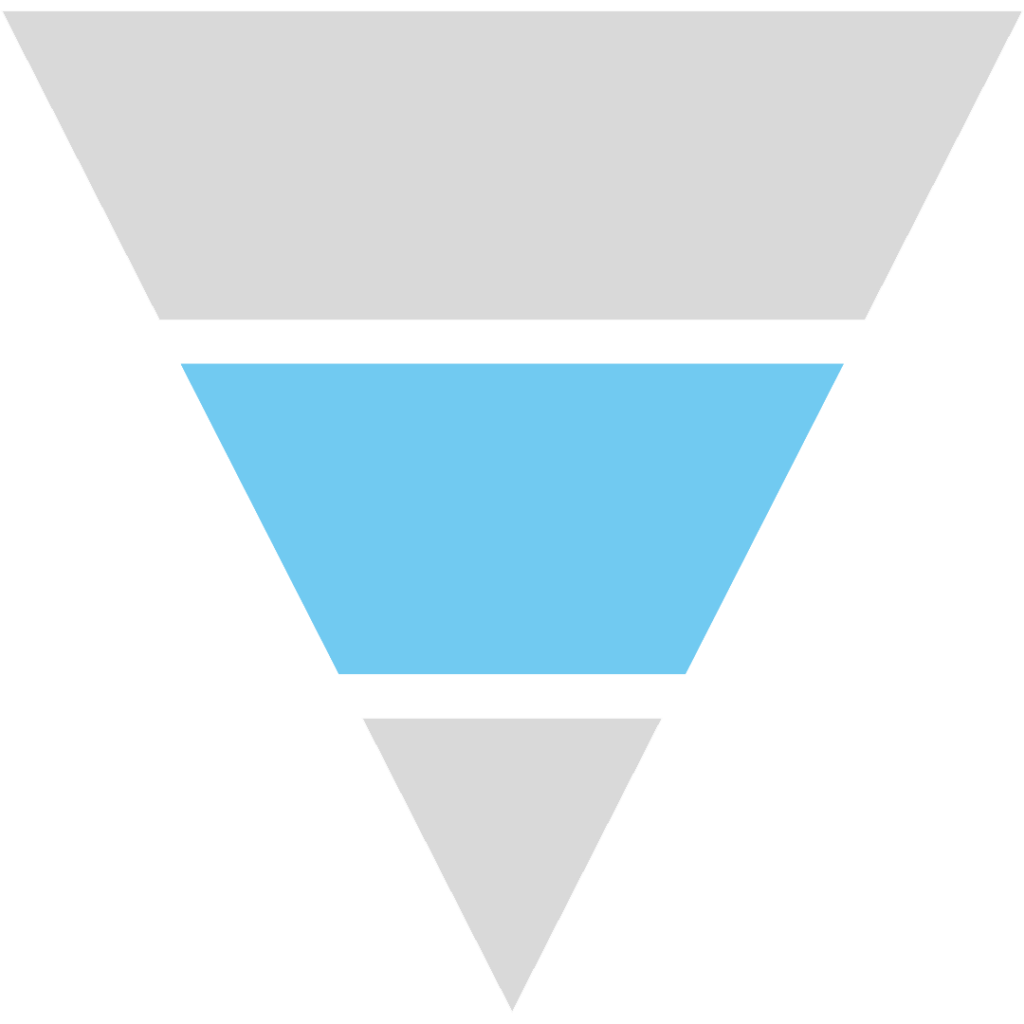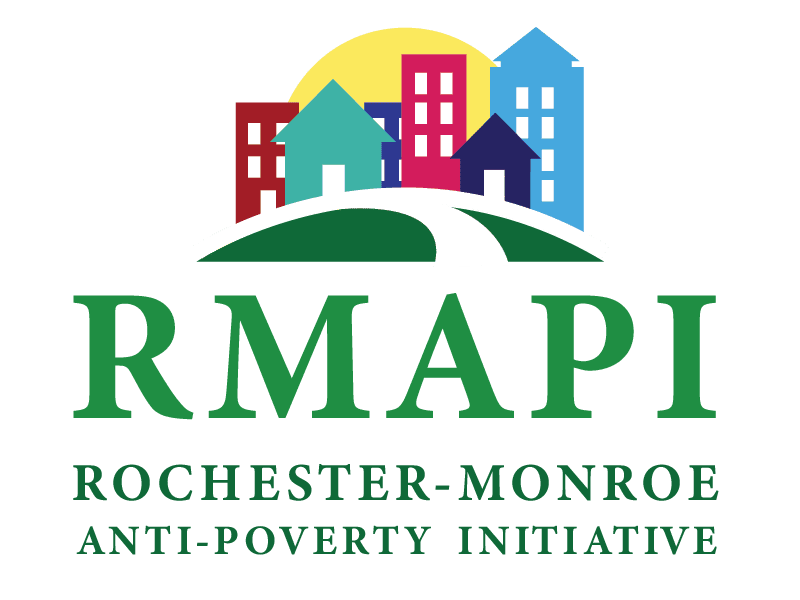Our Work
Understanding Poverty in Rochester
Addressing poverty is a marathon, not a sprint. RMAPI has adopted an approach to fighting poverty that has been proven to be successful in other countries across North America.
RMAPI and partners across the community have undertaken a number of efforts to address poverty and its root causes in Rochester.
How we'll reduce poverty.
Historic and continuing discriminatory policies, practices and systems in the US and the greater Rochester area create enduring inequities and conditions for Black, Indigenous People of Color, actively and passively preventing access to upward mobility. RMAPI aims to break the cycle of poverty by shifting power to enable upward mobility for all families.
- Live in a safe, inclusive and opportunity-rich neighborhood
- Access quality education and skill building that equips them for success
- Engage in rewarding work that provides dignity and builds financial security and stability for their families
- Live in healthy environments and get access to quality, affordable health and social care
- Rely on equitable, accountable, and responsive local government, public safety and legal systems
- Experience inclusion, dignity and belonging, leading to greater well being and increased participation in civic institutions and community life
We know that specific populations have been historically disadvantaged by racism, trauma and community dissolution and we will focus our efforts on the groups of people currently situated furthest from these goals.
How can we uproot poverty?
Poverty is a systemic problem that requires systemic solutions, or “systems change.” Systems change solutions are transformative approaches that span institutions, focus on everything from policies to organizational culture, alter how our society operates, and shift both cultural values and political will. That’s why this work is ambitious. But remember:
Systems, at their core, are run by people. Systems will not change without a change in human behavior.
Take a look at some conditions of systems change. Where do you hold power? Where do you see yourself influencing?
What are the conditions of systems change?
(Explicit)
Structural Change:

Policies
The governmental, institutional, and organizational rules, regulations, and priorities that guide our interactions and behavior.
Practices
The espoused or actual activities of institutions, coalitions, networks, and other entities targeted to improving progress. Practices are also the procedures, guidelines, or shared habits of that group or entity.
Resource Flows
How money, people, knowledge, information, and other assets are allocated and distributed within a system.
(Semi-Explicit)
Relational Change:

Relationships & Connections
The quality of our connections and communication with others in the system, especially those with differing histories and viewpoints.
Power Dynamics
The distribution of decision-making power, authority, and both formal and informal influence among individuals and organizations.
(Implicit)
Transformative Change:

Mental Models
Habits of thought. From deeply held beliefs and assumptions to taken-for-granted ways of operating that influence how we think, what we do, and how we talk.
This model is adapted from John Kania, Mark Kramer, and Peter Senge’s The Waters of Systems Change.
How Will RMAPI Succeed?
Our Unity Agenda is ambitious, and the RMAPI Collective is energized by our goals. We will draw on the diverse tools, skills, strengths, and resources of each collective member, including our strategic partners, to make these changes happen at every level of systems change.
For each strategic outcome, we will:
Act
Take direct action to address this goal in the Rochester community. The RMAPI Collective takes the lead on reaching these goals and is accountable and responsible for developing and executing a plan of action. If we aren’t the best organization to act to achieve a goal, we will instead align with or assess that goal.
Partner with existing organizations that are already working to realize a systems outcome or goal in our community. This could look like providing technical support or consultation, co-leading initiatives with municipal governments, signing onto letters of support, and participating on commissions or task forces that are addressing this outcome.
ASSESS
Use our resources and tools to monitor and evaluate community initiatives to ensure meaningful progress is being made. This includes supporting evaluation via results-based accountability reporting, and responding to key New York State reports on poverty and other measurements such as the American Community Survey.
Our community is powerful. The Unity Agenda is a roadmap for achieving poverty alleviation together. If we aren’t the best organization to act on a systems outcome, we will instead align or assess that outcome. As you look at the three A’s of engagement above, think about how you might act, align, or assess on each systems goal on the previous page. This is how, together, we can turn a theory of change into a reality of change for our region.
